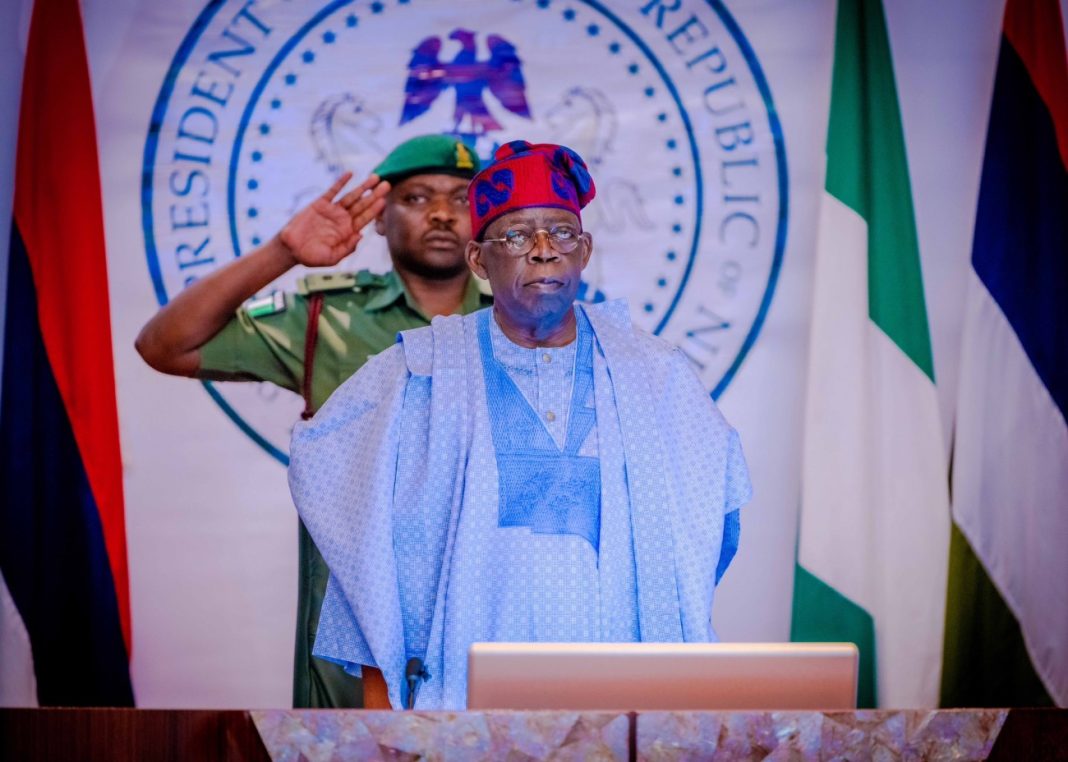ABUJA, Nigeria – The Nigerian presidency has strongly rejected claims that President Bola Tinubu’s administration is steering the country toward a one-party system, asserting that “democracy is still alive and thriving in Nigeria.”
The claims emerged in the wake of high-profile defections from the opposition Peoples Democratic Party (PDP) to the ruling All Progressives Congress (APC), including prominent figures such as Delta State Governor Sheriff Oborevwori and former Vice Presidential candidate Dr. Ifeanyi Okowa.
These defections have sparked concerns among opposition members, who allege that the APC is using state resources to weaken political rivals.
In a statement issued on Sunday, April 27, 2025, by Mr. Bayo Onanuga, Special Adviser to the President on Information and Strategy, the presidency dismissed these accusations as “false, baseless, and exaggerated,” accusing critics of peddling unfounded claims.
Onanuga said that the APC and President Tinubu cannot be blamed for the PDP’s internal struggles, which he characterised as poor organisation, indiscipline, and incompetence.
“We must add that no policy, official action, or directive from the Presidency seeks to ‘dismantle democracy’ or ‘weaken opposition or create a one-party state,’” Onanuga stated, in response to the allegations.
He further emphasised that freedom of association, speech, and choice are essential to a healthy democracy and that Nigerians are free to support any party they wish.
The presidency’s statement also called out what it described as hypocrisy from opposition figures and civil society advocates who had previously celebrated political shifts in other parties but now lament the defections to the APC.
It referenced the formation of an anti-Tinubu coalition before the 2027 election, questioning why similar concerns were not raised then.
“While the latter-day defenders of democracy raised no anxious voice against the disgruntled politicians cobbling an anti-Tinubu, anti-APC coalition along dangerous regional lines, they are quick to ascribe the political shifts in some states to ‘bribery, blackmail, and coercion’ without any shred of evidence,” the statement read.
Onanuga stressed that such defections are not a unique or new phenomenon in Nigerian politics, nor are they unusual in established democracies, where politicians frequently switch party affiliations.
He cited the example of President Tinubu’s own political journey, which saw him move across various platforms before becoming president.
“Politicians changing party affiliation is not new or peculiar to Nigeria. In more advanced democracies, there are ready examples of notable politicians, statesmen and women who changed their parties,” Onanuga added.







